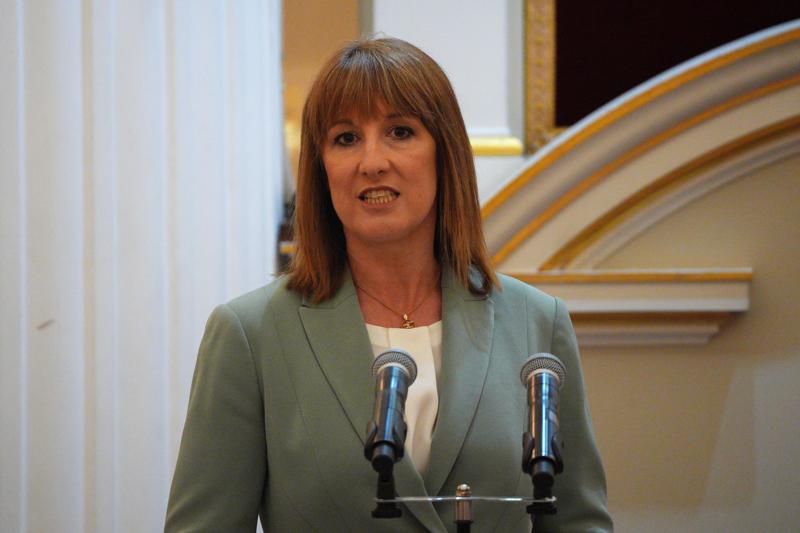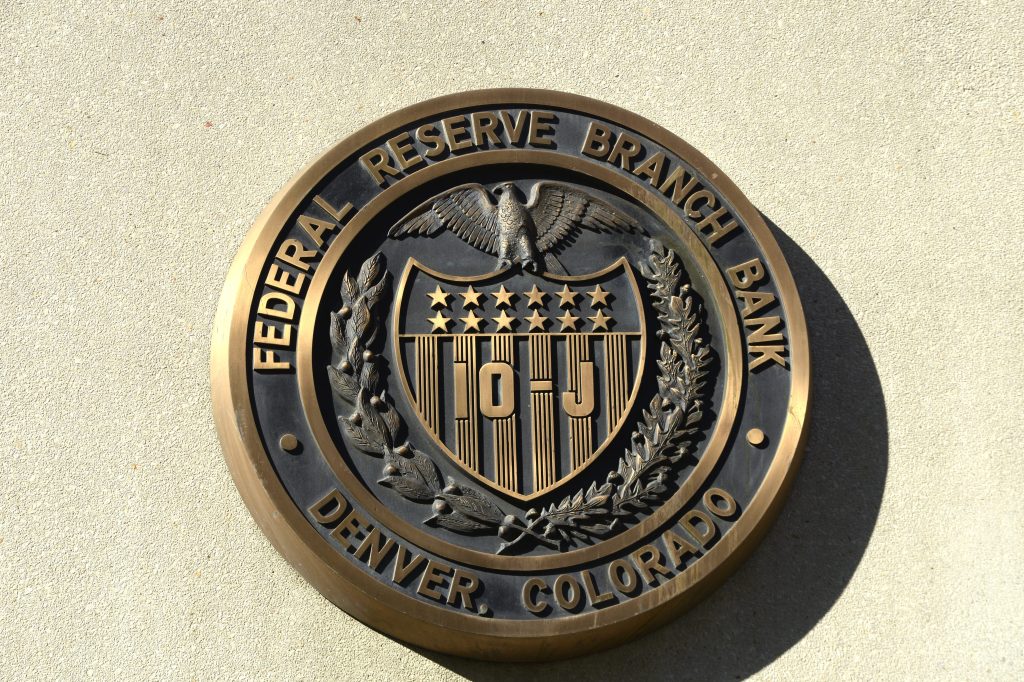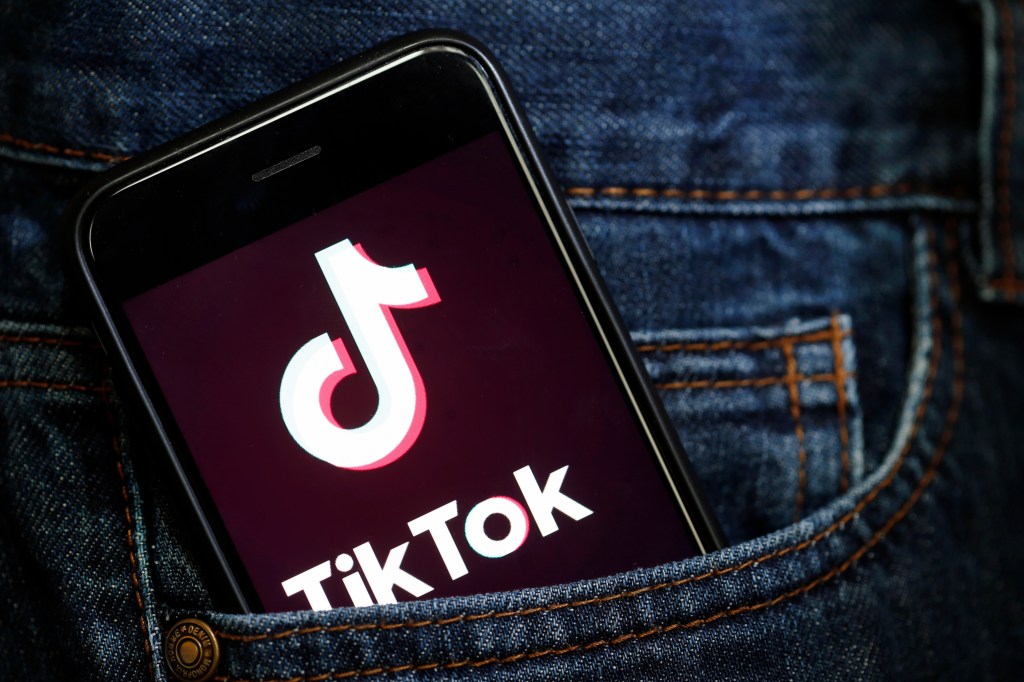Governor Greg Gianforte of Montana signed the country’s first bill that bans social video app TikTok in his state, paving the way for a legal fight that could determine the fate of a nationwide prohibition that is under consideration in Washington, DC.
The Republican governor on Wednesday signed the bill into law, which Montana’s legislature had passed last month. The ban is set to go into effect on January 1, 2024, but legal challenges could trigger an injunction to delay the start date.
The new state ban
The law would bar TikTok from operating within the state, and it would also forbid any app store, such as the ones that Google and Apple provide, from making TikTok available to download within Montana, subjecting both TikTok and app stores liable for fines of $10,000 a day for violating the law. Individual TikTok users would not be punished, and users who already have the TikTok app on their phones would still be able to access and use it.
The ban comes after the White House gave federal agencies 30 days to delete the popular Chinese-owned social media app from all government-issued mobile devices amid growing concerns about security in February. Canada announced a similar ban, as did several other countries.
More than half of all US states have partially or fully banned TikTok from government devices. Montana is the first in the first to extend a ban to consumer users and their personal devices.
TikTok has over 150 million American users … but lawmakers have concerns about its Beijing-based parent company, ByteDance.
TikTok has over 150 million American users, but it has faced growing calls from lawmakers who seek to ban the app completely and nationally over concerns about its Beijing-based parent company, ByteDance.
To be sure, ByteDance is a private company, as TikTok’s CEO, Shou Zi Chew, said during the March 23 hearing of the House Energy and Commerce Committee, as he (unsuccessfully) tried to assuage lawmakers’ fears about the Chinese government’s influence over the firm.
US lawmakers are concerned that the company’s China-based executives at TikTok are not truly able to push back against Chinese officials exercising influence and control, and they fear China could use the technology to collect data from and about American citizens and institutions. They also fear China could use the app to try to spread misinformation within the United States to its benefit.
Critics, potential legal challenges
“Governor Gianforte signed a bill that infringes on the First Amendment rights of the people of Montana by unlawfully banning TikTok,” a TikTok spokeswoman said in a statement. She did not say whether the company plans to pursue legal action.
The American Civil Liberties Union (ACLU) denounced the law as unconstitutional. “With this ban, Governor Gianforte and the Montana legislature have trampled on the free speech of hundreds of thousands of Montanans who use the app to express themselves, gather information, and run their small business in the name of anti-Chinese sentiment,” Keegan Medrano, policy director at the ACLU of Montana, said in a statement.
A group of TikTok content creators has already sued to block the ban, arguing that the law violates their First Amendment rights.
Several Democrats and Republicans in Congress have raised concerns over such bans in the past, citing free speech and other issues, and they have objected to legislation targeting TikTok as overly broad.
Enforcement
It’s hard to see how Montana’s ban could work in reality, as there are many ways for users to evade geographic bans on the open web, such as by using a VPN service, which reroutes connections to other locations, or by signing up for accounts using prepaid cards.
Courts blocked President Trump’s efforts to ban TikTok, with US District Judge Carl Nichols in Washington finding that Trump overstepped his authority in using his emergency economic powers to try to effectively put the wildly popular app out of business. Trump was also found to have failed to consider reasonable alternatives before banning it.

















